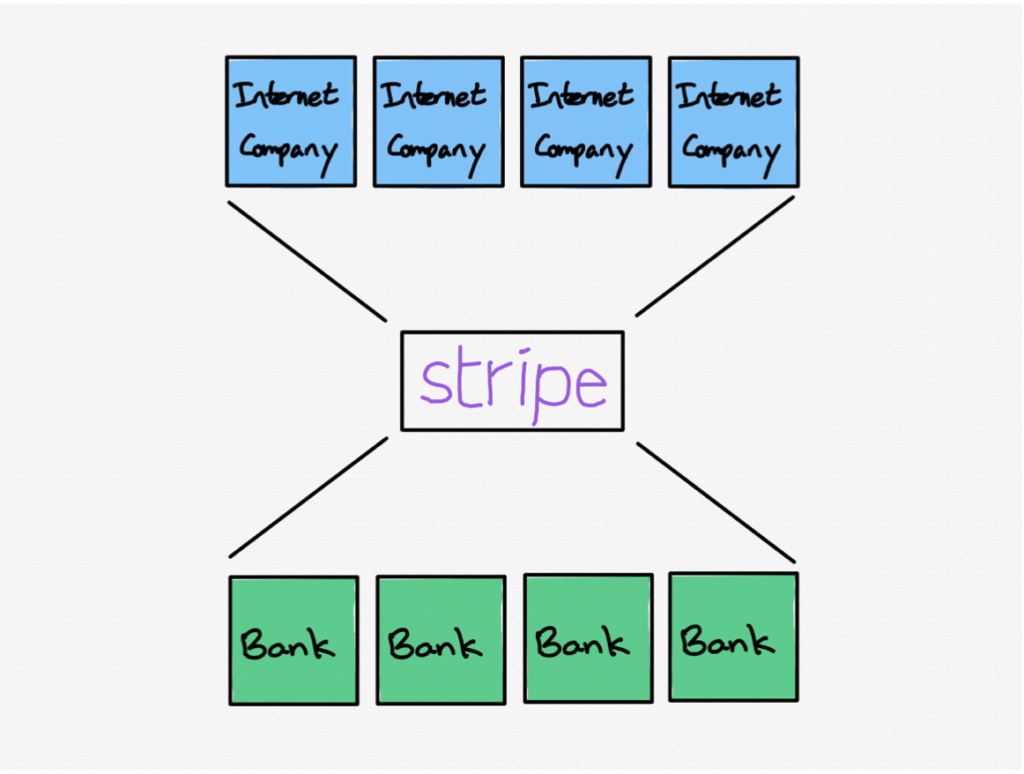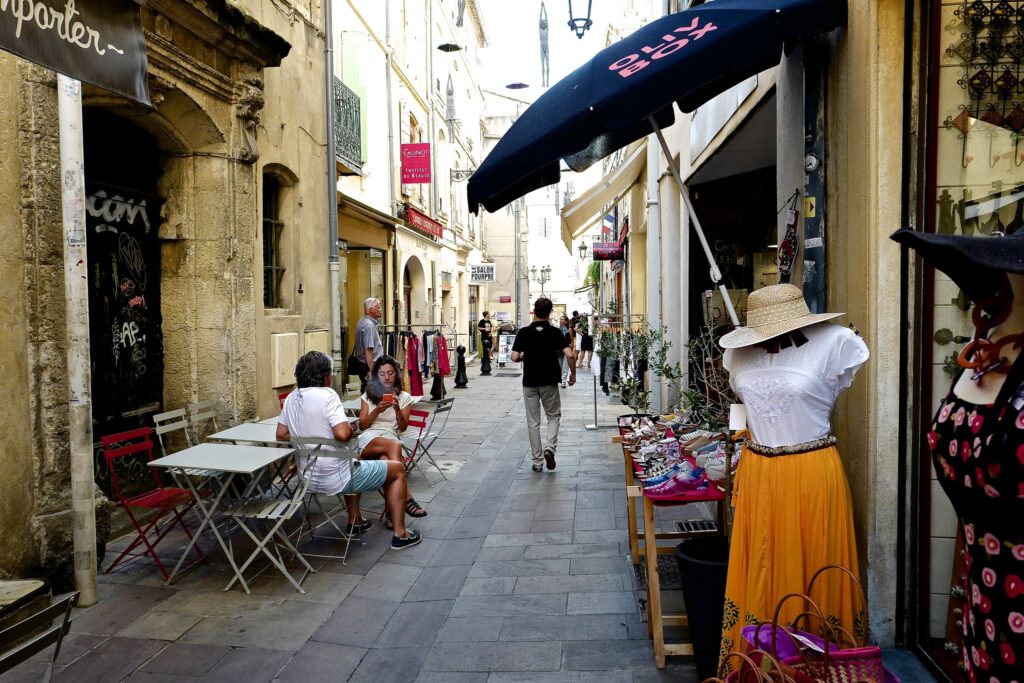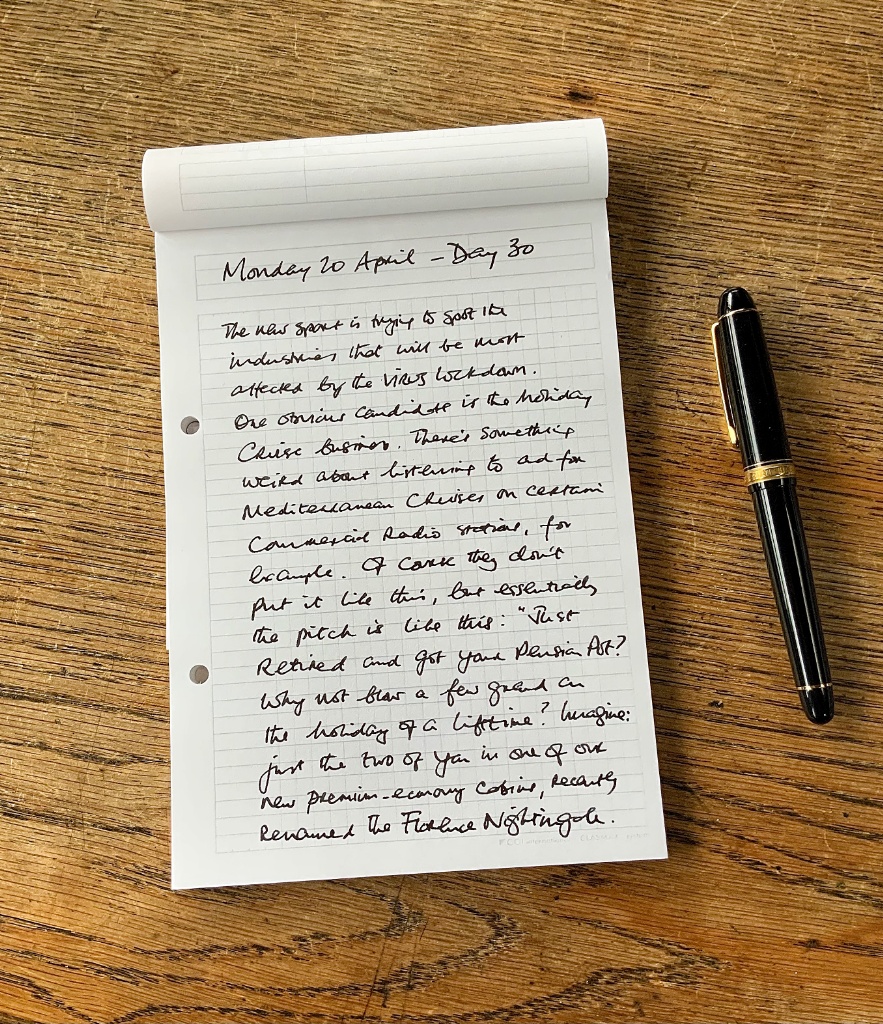Squaring the Shakespearean Circle
In the garden of Anne Hathaway’s cottage, Stratford-on-Avon
100 Not Out! — my lockdown diary — is out as a Kindle book. Link
Quote of the Day
“The only reason so many people showed up at his funeral was because they wanted to make sure he was dead.”
- Sam Goldwyn, of his rival Louis B. Meyer
Musical alternative to the morning’s radio news
Padraig McGovern ; Peter Carberry | Two jigs | Connie the soldier & The frost is all over
Long Read of the Day
The internet is not ready for the flood of AI-generated text
Christopher Brennan’s essay on the way that many of our systems currently focus on engagement makes them particularly vulnerable to the incoming wave of content from bots like GPT-3.
We don’t need hyper-intelligent machines to dramatically change the way that the internet works. In my recent conversations, we talked about the issue of what happens when AI text-generation capabilities are more widespread and can generate what Winston calls “10,000 Wikipedias” worth of text in a very short time. You might have already gotten weary of our current state of “too much content,” but it is about to get far, far worse.
Some of the closest possibilities are commercial. OthersideAI has just raised millions in seed money for a use of GPT-3 that will write automatic emails for salespeople in the style of their choice. Porr, after revealing his blog as automated, wrote about automated copywriting, which could generate several options and then automatically A/B test them to see which gets the most engagement.
My week by Dominic Cummings
Lovely spoof. Excerpt:
Thursday
Boris says he wants to see me at the end of the day. I go into his office and he is sitting behind his desk with Carrie standing next to him.
“What is this, the Pride of Britain awards?” I ask.
“Very good, Dom, very drole,” says Boris, looking shifty.
“Tell him, Boris,” Carrie says.
“Tell him what, Boris?” I say.
“Look Dom, it’s like this. The thing is, if I can speak freely, reductio ad absurdum, and get to the point, ergo propter hoc, as it were. Just to be perfectly clear…” he says.
“Stultus est sicut stultus facit,” I tell him.
“Eh?” he asks.
“Have you not seen Forest Gump, prime minister?” I ask.
“We haven’t got time for that now, let me get straight to the point…” he trails off.
“Tell him, Boris,” says Carrie.
“I will, stop interfering,” he says.
“Me?” I say, surprised.
“No, it’s your job to interfere,” he says.
“Not anymore,” says Carrie.
“Look, I’m dealing with this,” says Boris.
“What? Brexit? Coronavirus? The economy? Levelling-up? China? Barnier? Biden? You aren’t dealing with any of it,” I tell him.
“That’s your job,” he says.
“So, you want me to stop interfering?” I say confused.
“No, I want you to keep on interfering,” he says, now confused himself.
“Tell him Boris,” says Carrie.
“Tell him what, Boris?” I say.
“Look Dom, it’s like this…” stutters Boris.
“You’re fired,” says Carrie.
“I wanted to say that,” says Boris.
“Fired?” I say, incredulously.
“Not fired exactly, it’s more that we are going to have to let you go, Dom,” says Boris, looking at his shoes.
The Light of the Charge Brigade…
…is the lovely heading of a fascinating post on Quentin’s blog.
The British county of Essex is often the butt of jokes here, since it has a few notably unappealing areas, but this is unfair. In general it’s a lovely county with some particularly pretty spots. Just at the moment, though, it has a different kind of jewel in its crown, at least from my point of view, because it’s also home to what looks like one of the coolest car-charging areas on the planet. If you want to see what the future of car travel might be, the place to go is probably the Gridserve Electric Forecourt near Braintree, which opens formally next week.
This is what it looks like:
The really clever thing about this is how familiar it looks. Just like an ordinary service station. Except it isn’t ordinary: all those pump-like devices are electric charging points. There isn’t a litre of petrol anywhere. Making new things look ordinary is the way to get beyond the early adopters of any new technology to reach the mainstream, small-c conservative masses. That was the brilliance of the Toyota Prius hybrid. It looked normal — even boring and safe. Not in the least daring. But in its time it was revolutionary. Now the time has come for fully-electric EVs. And the same applies.
Other, hopefully interesting, links
-
An Open Letter to Santa Claus Regarding His Travel Plans. “While I understand that your home is melting and you do not have many Christmases left, it is most imperative that you stay in the North Pole this year. Until the COVID-19 vaccine is released to the public, unnecessary travel for anyone is gravely irresponsible… Link.
-
Rusty but intact: Nazi Enigma cipher machine found in Baltic Sea. Link.
-
NSF releases footage from the moment Arecibo’s cables failed. Video from two different cameras, with one capturing a close-up of the cables snapping. Link.
This blog is also available as a daily email. If you think this might suit you better, why not subscribe? One email a day, delivered to your inbox at 7am UK time. It’s free, and there’s a one-click unsubscribe if your decide that your inbox is full enough already!









